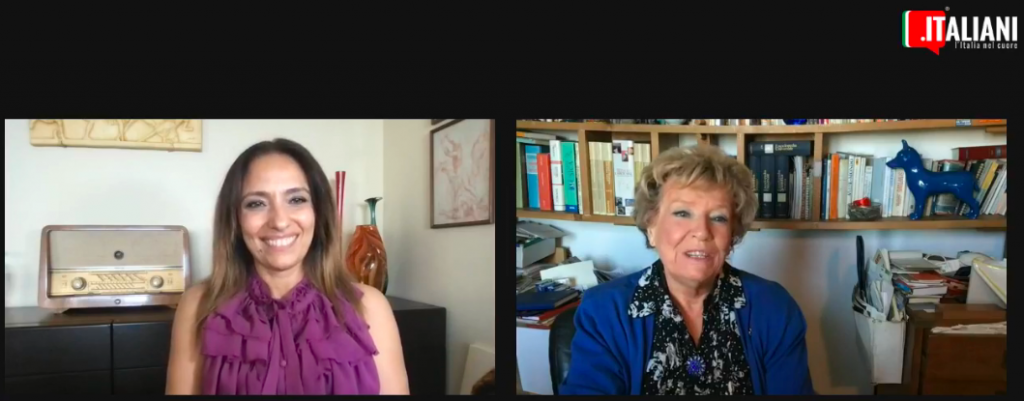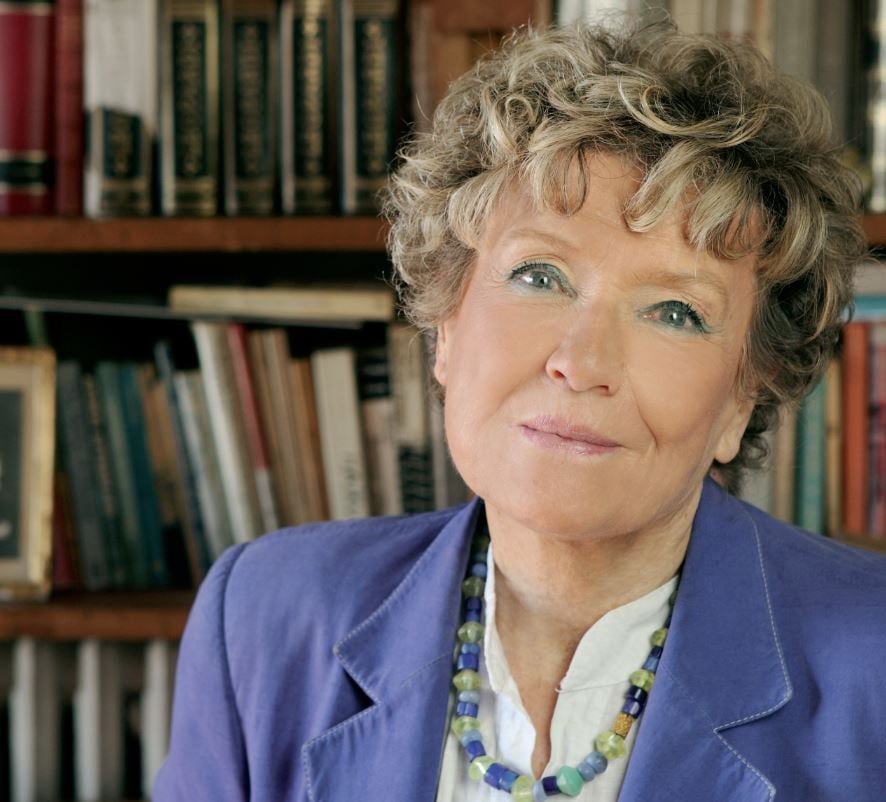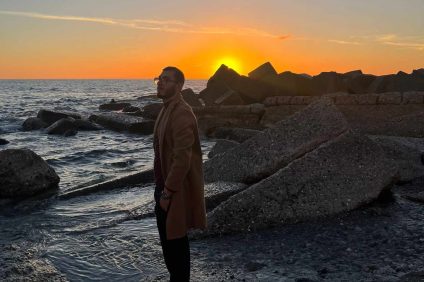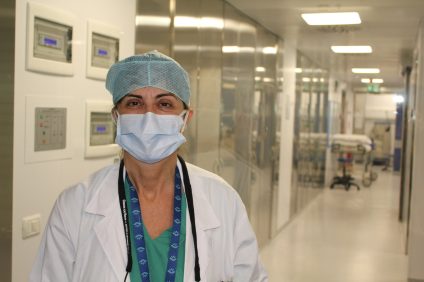Dacia Maraini she is a writer, poet, essayist, playwright and screenwriter. His literary production is vast, he has won numerous prizes including the Campiello Prize and the Strega Prize. We interviewed her.
His latest book is "The school will save us". How much and in what way has it damaged the children, the fact that the school has completely lost its role as an institution?
I would not say that the school has lost its role as an institution. He has lost the practice of being together, of socializing, of being close, because you don't go to school just to learn some notions, yes you go because in this way you learn to live with other people of your age who, like you, are there to learn. A boy, a girl, if they stay at home, they hang out with their mother, father and sisters and brothers. Instead at school they come into contact with reality. Today at school there are also people who come from other countries, who have another cultural or religious origin and therefore all this is very useful. The school it is a social act, a place where one is together with others, and this has been lacking. There was a lot of loneliness.
You said, in a recent meeting with the literary critic Marino Sinibaldi, that the characters of his books are knocking on your door. How and why, did her ancestor Marianna Ucrìa, protagonist of the historical novel “The long life of Marianna Ucria”, which won the Campiello prize in 1990, knock on the door of Dacia Maraini?
I give this example which is of course a metaphor but, actually, I see it that way. I say this because many think that a writer, a writer, is like a puppeteer who takes the puppets, makes them turn, makes them move, then abandons them and everything ends there. But no, because the characters come to you but then they go their own way. They are autonomous, they have their own autonomy, their own character. So it happens that the characters knock on my door, I open it and offer them a coffee and biscuits; these characters tell me a story and then sometimes it ends. Instead, when a character after drinking coffee and taking cookies asks me for a dinner and then asks me for a bed to sleep in, then I understand that this character has camped in my head, in my imagination and it will not be easy to get rid of it. This is what happened with Marianna Ucrìa who entered my life. I was really reluctant to talk about her because I didn't know anything about the Sicilian eighteenth century but she followed me, knocked on my windows, pulled me by the sleeve, to the point that a long search to write the book began. I made a huge effort, it took me 5 years to enter that world, however, it was a wonderful experience.
In many of his novels, the crudeness and violence of the stories told, for example the collection of short stories "Dark" that won the witch award in 1999, imply a clear denunciation and desire to change the world. But can this world really be changed?
Of course it can change, it changes constantly, but sometimes it changes for the worse and sometimes it changes for the better, it depends on historical moments. Writing certainly cannot change the world but it can create awareness and, in my opinion, this is very important because awareness comes first, the desire to change then, this desire to change is told and in some way infected and, when the majority of a people wants to change then in the end they change. But it takes time and writers, in my opinion, in their ability to tell the unconscious, to tell what is happening in the darkness of the depth of the human being, can help to create awareness.
italiani.it together with Italofonia carried out a project. A bill has been made against the abuse of Anglicisms. What can be done to keep our language from dying?
I do not think he can die but mongrelizing yes. I am of course to learn English well, the more languages you learn the better. English is the international language of international trade and it is good to know it. But you cannot insert a word of English every three words of Italian, this really seems to me a form of linguistic servility that is, in my opinion, very wrong. Unfortunately, we too often insert English words, I don't naturally, because the machines speak English and therefore those who want to be at the forefront and those who want to stay with the modernity of the machines continually insert English words. But it is wrong because our language is beautiful and capable of saying everything. The French give us an example indeed, they exaggerate because they do not use a word that is not French. We use a lot of English words instead. I remember a comic thing. Some time ago when talking to boys in a school, one of them used the word "mouse". I told him that "mouse" meant "mouse" and the boy was amazed because, not knowing English, he did not know that he was holding a "mouse". This is to say how sometimes we have a somewhat passive relationship with foreign words, we don't even know what we are using. For this I say that you have to make a little effort and find the equivalent words because they exist and, if there are not, we invent them.
The woman and the condition of the woman is often the focus of his works. The violence, the abuse, but also the revolutions led by women. Sometimes it seems like things haven't changed that much. From the 70s to today we have made some progress but there is still a lot to do. What is your opinion on this?
There is always something to do, because reality is not stationary, reality is constantly moving. Now, for example, we are facing a reality that we had not foreseen. So much so that we had cut the funds to hospitals, health services, doctors and nurses. The pandemic was, for example, a huge change that changed our lives. Life changes, and then it is necessary, in some way, to take these changes rationally without being submerged by fear and without the terrible irrationalities that come out when there is fear, hatred of others, suspicion; without taking that warlike attitude that we see there at this moment around the world, as if the others were all enemies. Unfortunately, this has come out, the pandemic has greatly increased this attitude. Then we must face reality courageously and try to overcome it and get out of it. We can get out of it very well, I think we can get out of it, but we must try to be reasonable, to be realistic, to face reality with courage, with loyalty and without this kind of growth in resentment that unfortunately we notice in social networks where people let off steam. . There is a hatred in this moment, a linguistic aggression that in my opinion is very dangerous because when it grows then, at a certain point, you get to arms. What is happening in Palestine and the Gaza Strip is a terrible sign. I know a lot of people who are on both sides, both Palestinians and Israelis, who are extremely opposed to this war. We must see this not as a struggle between two peoples but between two governments, which, unfortunately, have an interest in using weapons, in keeping this war situation awake. Most of the Italian people and also of the Palestinian people do not want this war. Reason is the one thing that helps people overcome difficulties. Reason means let's roll up our sleeves and face the problem, asking ourselves what the problem is? How do we get out of it?

Childhood and childcare are very important. In this strange period of pandemic, perhaps the most affected, from a psychological point of view, were the very young and very young. Do you think we will pay the consequences?
I have faith in the little ones, in the boys, in the young people. We all paid but those who paid the most are those who died and many died. And then there were so many doctors and so many nurses who died and therefore we must understand that what happened was a curse, something horrible. Of course the children and young people suffered because they could not go back to school, because many did not have the tools for distance learning, but I believe that they then have the strength to react. When I was little I was in a concentration camp and I thought I would die there. I have suffered much more than what is happening now. I got out of it precisely because my mother who was a woman of great courage taught me that we must face reality day by day with courage and try to do the best possible. So you can survive, if you love life and don't hurt others, somehow you can survive.
italiani.it cares about the sense of belonging to the place of roots. She was born in Fiesole to a father who was half Florentine and half English and a Sicilian mother. But where are its roots?
My roots are mixed. Children do not have this problem, this problem of identity is a problem that adults face. Identity is not a monolith, it is not that one has only one identity, he has many; I am Italian, I am European, I am a little Japanese because I lived eight years in Japan and I absorbed a lot, in my childhood, of Japanese culture, Japanese food, Japanese theater, all the fairy tales I heard as a child were Japanese. Then I am also a little Florentine and a little Sicilian so we must not think that identity is a prison on the contrary, it is an additional opportunity, it is having various roots.
Is there a favorite place of yours and one that you would like to erase with a swipe of a sponge?
I don't want to delete any of them. Do you know what I would like to cancel? Trash that really is a big deal. When I see beautiful places, meadows, the Lungotevere covered with waste, I really feel sad because I understand that this is a big problem of the future because we use too much plastic. All this plastic ends up in the ocean where there are even islands of plastic, and this is not good for the sea, not good for the fish. It is one of the big problems we have to face, we are almost seven billion people and we are destroying the forests, we are destroying the glaciers, we are destroying the north pole, the woods. We must be careful because otherwise we really risk making the human being disappear. Many species have disappeared and are disappearing all the time. The human being can disappear, he is a being of nature who has had the extraordinary strength to create many beautiful things for example democracy and then everything we have, houses, books, poetry, music, but if not we are attentive to the climate and the environment that we are destroying, we too can disappear for this we must defend the eco-system.
She has always had a great passion for travel. How is it received, in the places you visit, by the Italians who meet and recognize you?
I must say that I am always very well received but probably because my attitude is one of friendship and sympathy. I trust people, I don't go with suspicion. I address myself with sympathy and respect because I respect everyone, obviously if a person turns to me or beats me then I change my attitude. In principle I do not exclude anyone, I never consider anyone an enemy because for me human beings are all sacred and therefore if one arises with this attitude, usually, people respond well because they feel respected. I have a good relationship with schools because I put myself face to face with students, I don't consider myself superior; I think we are all the same I maybe a little more experience than a kid but we are the same.
Thanks for the interview





